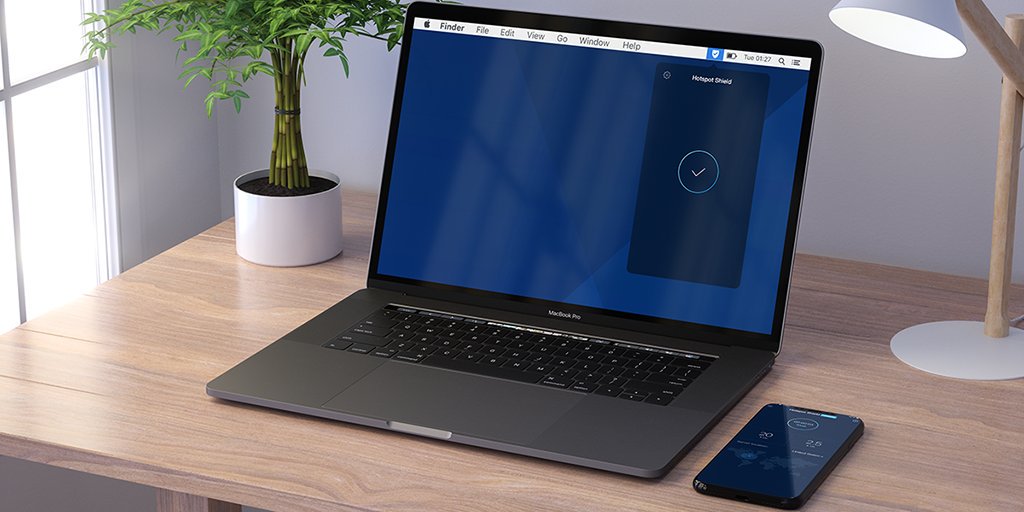How to get a Finnish IP address
The easiest way to improve your digital privacy is to switch your IP address using a VPN. We’ll …

It’s common among Internet Service Providers (ISPs) to log their subscribers’ activity. In fact, ISPs such as AT&T, Comcast, and Verizon, among others, are known to keep records of their users’ internet history for a period of six to eighteen months. If you’re looking for ways to protect your online privacy and hide your IP address from your ISP, from hackers, from government agents, or from anyone else, read on for a few simple tips.
A VPN is one of the best tools to help you hide your internet activity. It’s designed to encrypt data traffic over a network and hide your IP address, thus preventing anyone else from accessing your information—including your internet provider. This makes a VPN not only an excellent software for privacy, but also for security. With a high-quality, trusted VPN that doesn’t store your data, your information is kept safe from cybercriminals.
Another benefit of using a VPN is that it can hide your real IP address and replaces it with an IP address from another country, which is great for unblocking content that might be restricted due to geographical location. Many VPNs allow you to choose an IP address from a wide variety of locations worldwide.
Tor is a free software used for anonymous internet browsing. Its name comes from the acronym of the original project, which was called “The Onion Router”. The first iteration of Tor was launched in 2002, and the software is still going strong as of today.
Tor is designed to eliminate your online footprint when you navigate the internet. When you surf the web through Tor, people cannot track your activity because it is routed through a series of “tunnels”. Similar to VPNs, Tor also hides your real location and hides your IP address.
However, there are some things you need to remember when using Tor. Although Tor allows you to hide your activity, it can’t stop a website from detecting that you are using the software. This means a website can still prevent you from visiting if it restricts access through Tor, which is not uncommon. You’ll also notice that browsing on Tor is noticeably slower than standard web browsing.
HTTPS sites are equipped with TLS encryption. When you visit an HTTPS site (https://www.google.com, for example), all communication between you and the website remain private and secure. However, this still doesn’t make you completely anonymous, just like using an “incognito” web browser does not make you invisible either. Your ISP and others can still detect that you visited the website, they just won’t be able to know what exactly you did there. So while HTTPS sites will be more secure, to hide your IP address, you’ll need to use other methods like a VPN in conjunction.
If you’re looking for a trusted tool that gives you the power of online anonymity—from your ISP, from hackers, from government agents, and more—consider Hotspot Shield. Hotspot Shield is a VPN designed with high-level encryption protocols to keep your information private and secure. Hotspot Shield prevents ISPs from throttling traffic, something that is a big concern in the U.S. without net neutrality, and it hides your IP address from prying eyes to ensure your sensitive data remains private.
